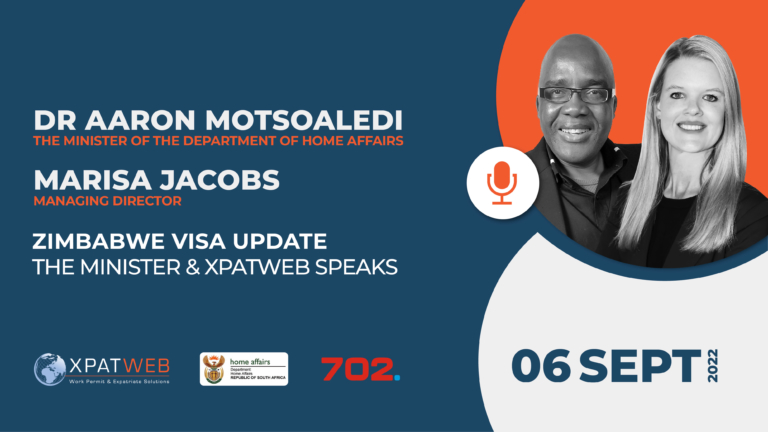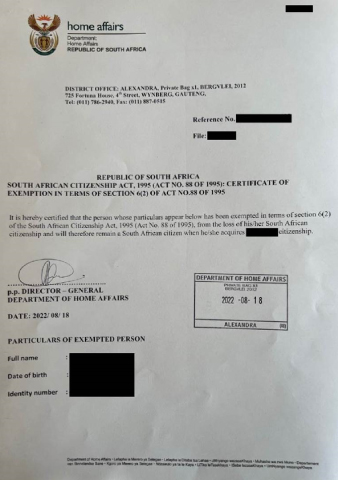Increased Global Hiring and Talent Shortages Bode Poorly For SA Critical Skills
/in Archived, News /by xp-admin“This means more international competition for South African employers desperate to attract critical skills from abroad,” says Marisa Jacobs, Managing Director of visa and expatriate services firm Xpatweb.
The survey indicates that South Africa exhibits the second strongest hiring intention (38%) among European, Middle Eastern and African (EMEA) countries, after Ireland (42%). However, 78% of local employers reported talent shortages resulting in difficulties filling positions.
The global labour gap also creates greater opportunities for skilled South Africans to emigrate to greener pastures, further eroding the country’s talent base.
There is no doubt that South African employers will have to work harder to acquire the critical skills they need.
Less red tape
Companies who identify foreign talent must act quickly to hook them and cannot afford to be held up by bureaucratic immigration processes that delay entry into the country.
So, it is more important than ever that employers actively involve themselves in the development of legislation around critical skills to prevent the build-up of unnecessary red tape.
Regulations should be fair to South Africans but also pragmatic about the availability of specialised professionals locally. New bills, like the Employment Services Amendment Bill 2022, seek to regulate the hiring of foreign nationals more closely while acknowledging the need to accommodate foreign critical skills.
This is only possible when the needs of critical skills employers are well known to policymakers. “By making their voices heard, employers can be instrumental in a more meaningful and streamlined process for importing foreign talent,” says Jacobs.
One way to achieve this is by participating in Xpatweb’s currently running Critical Skills Survey 2022.
An authoritative reference
Xpatweb has run its Critical Skills Survey annually since it was first launched in 2017. Over time, its survey data has become recognised as an authoritative reference among policymakers.
The firm was asked to present its 2020/21 findings to the Department of Higher Education and Training (DHET) and other participants involved in developing the Occupations in High Demand (OIHD) list. Its data was also referenced both directly and indirectly in compiling the national Critical Skills List, published in February 2022, and amending the final version, published in August 2022.
“As the only private sector organisation invited to participate in these milestone events, we were able to convey the voice of industry to the government’s ear through our survey and interpretation of its data,” says Jacobs. She notes that the firm’s input was well received and carefully considered by the stakeholders.
Her team was also invited to contribute its insights to the development of the aforementioned Employment Services Amendment Bill 2022.
Jacobs says the firm is committed to helping businesses benefit from future legislation by continuing to engage government on open access to critical skills. “The more companies participate in the survey, the more readily their views will be received by policymakers,” she says.
Xpatweb’s survey gives employers the opportunity to be heard by legislators and its data allows them to participate indirectly in shaping immigration legislation.
Invitation
Jacobs invites critical skills employers to ensure their needs are recognised by taking part now.
As the global pool of special talents shrinks, South African employers will need every advantage at their disposal, including efficient legislation that works in their favour. Any delays could force prospective hires to seek employment in countries that are more accommodating.
“With sufficient data of the quality our survey provides, lawmakers can consider a better balance in their approach to critical skills regulation,” says Jacobs.







